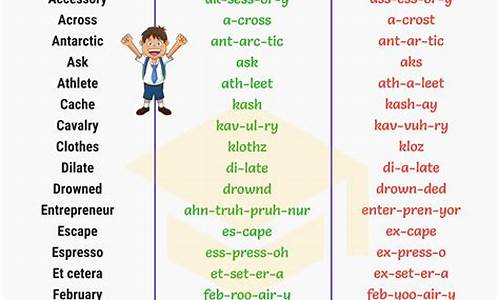Common Misconceptions About Healthy Eating
Healthy eating is often seen as an essential aspect of maintaining overall well-being, but many people hold misconceptions that can lead them astray. These myths, perpetuated by media, diet trends, and misinterpretations of nutrition, can cause confusion about how to make the right food choices. In this article, we will address some of the most common myths about healthy eating and provide a clearer understanding of how to eat well and maintain a balanced diet.
Myth 1: All Fats Are Bad for You
One of the most prevalent misconceptions is that all fats are unhealthy and should be avoided. In reality, fats are essential for your body. Healthy fats, such as those found in avocados, nuts, and olive oil, play crucial roles in maintaining healthy brain function, absorbing vitamins, and supporting heart health. It’s important to differentiate between unhealthy trans fats and the healthy fats that are necessary for your well-being.
Myth 2: Carbs Are the Enemy
Another widespread belief is that carbohydrates should be eliminated from the diet entirely. While some low-carb diets may promote this idea, not all carbs are created equal. Whole grains, fruits, and vegetables are excellent sources of complex carbohydrates, which provide long-lasting energy and essential nutrients. Cutting out carbs altogether can deprive your body of vital fuel.
Myth 3: You Can’t Eat Sweets if You Want to Eat Healthy

Moderation is key when it comes to enjoying sweets. Many people think that eating healthy means never indulging in desserts or treats, but this isn’t the case. It’s important to recognize that having a treat every now and then won’t derail your overall healthy eating goals. The key is balance and moderation in your approach.

Myth 4: You Need to Take Supplements to Be Healthy

Many individuals assume that taking supplements is necessary for a healthy diet, but in most cases, they are unnecessary if you eat a well-balanced and varied diet. Whole foods, like fruits, vegetables, and lean proteins, provide most of the nutrients your body needs. In some cases, supplements may be helpful, but they should not replace a healthy diet.

Conclusion: Debunking the Myths for Better Health
In conclusion, understanding the truth behind common misconceptions about healthy eating can help you make better choices for your health. Healthy eating is not about extreme restrictions or cutting out entire food groups, but about balance, moderation, and making informed decisions. By incorporating a variety of whole foods into your diet and avoiding extreme trends, you can achieve lasting health and wellness.